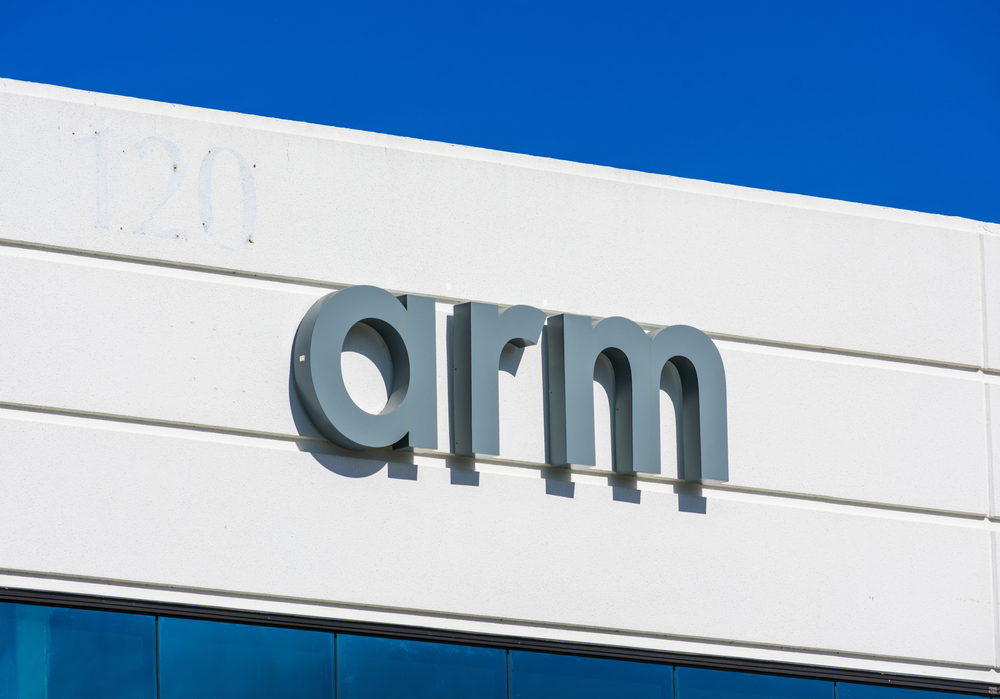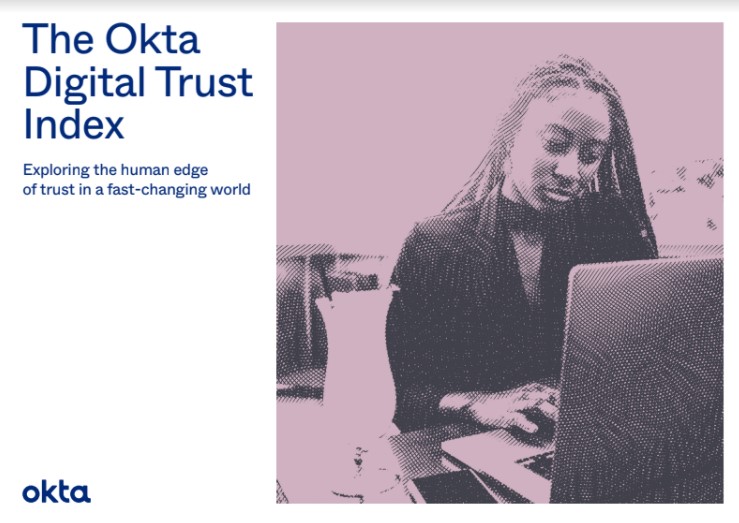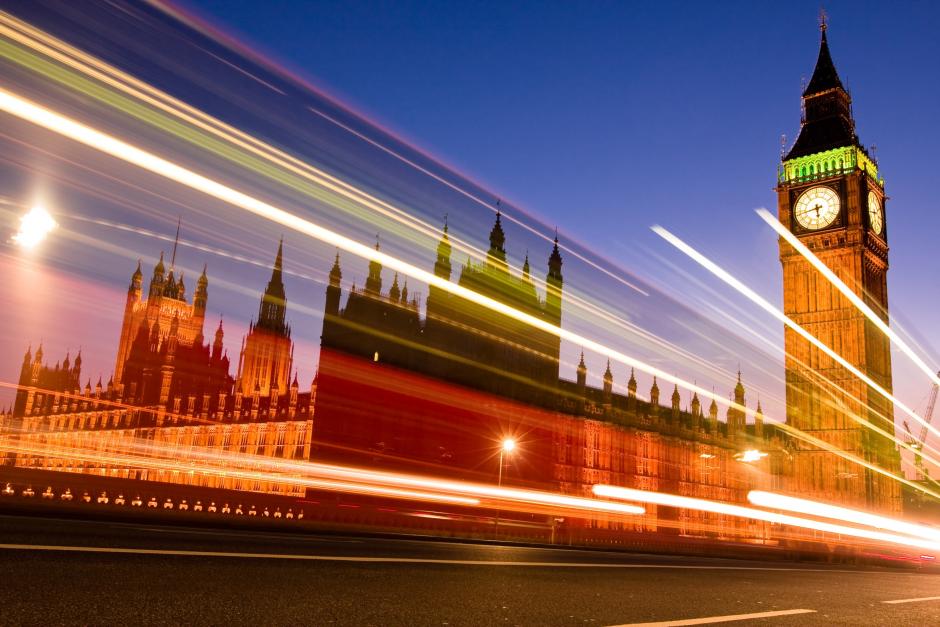UK gov orders in-depth probe into Nvidia-ARM takeover
The government has ordered the CMA to carry out a "phase two" investigation on grounds of antitrust and national security


The UK government has announced that Nvidia’s $40 billion (£30 billion) acquisition of ARM will be further scrutinised as part of a "phase two” investigation carried out by the Competitions and Market Authority (CMA).
The watchdog has been given 24 weeks to conduct the inquiry before delivering a final report to digital and culture secretary Nadine Dorries, with the possibility of extending the deadline by up to eight weeks.
During this time, the CMA will consider evidence whether the acquisition of the Cambridge-based semiconductor company by the US chip giant is a threat to competition and national security.
The first phase of the CMA's investigation, which concluded in August and covered competition and jurisdictional issues, determined that the deal could lessen competition across four markets: data centres, Internet of Things, automotive, and gaming.
Today's announcement confirms previous reports published by The Sunday Times over the weekend.
15/11/2021: The UK government is expected to order an in-depth investigation into Nvidia’s $40 billion (£30 billion) acquisition of ARM on grounds of antitrust and national security.
That's according to The Sunday Times, which reported that the newly appointed digital and culture secretary Nadine Dorries will order the Competitions and Market Authority (CMA) to carry out a “phase two” investigation into the acquisition of the Cambridge-based semiconductor company by the US chip giant.
Get the ITPro daily newsletter
Sign up today and you will receive a free copy of our Future Focus 2025 report - the leading guidance on AI, cybersecurity and other IT challenges as per 700+ senior executives
The order is likely to be made this week, the publication claimed, and will see the CMA further scrutinise the potential effects of Softbank’s sale of ARM to Nvidia, which was first announced in September 2020.
Nvidia told IT Pro that it "will continue to work with the UK government to resolve its concerns".
"A Phase Two process would enable us to demonstrate in detail how the transaction will help accelerate ARM and boost competition and innovation, including in the UK," the company's spokesperson said.
In August, following the first phase of its investigation, the CMA found that the acquisition “raises serious competition concerns” that Nvidia’s would prevent its rival chipmakers, including Intel, AMD, Qualcomm, Samsung and Apple, from accessing ARM’s key technologies, “ultimately stifling innovation across a number of important and growing markets”.
RELATED RESOURCE

“This could end up with consumers missing out on new products, or prices going up,” the watchdog’s chief executive Andrea Coscelli said at the time.
“The chip technology industry is worth billions and is vital to products that businesses and consumers rely on every day. This includes the critical data processing and data centre technology that supports digital businesses across the economy, and the future development of artificial intelligence technologies that will be important to growth industries like robotics and self-driving cars,” he added.
A full investigation into the deal is expected to take around six months. If it is found that the acquisition does, in fact, impact national security, the UK government will have the opportunity to prevent the takeover, or allow it to take place under certain conditions.
On 27 October, the European Commission also launched an “in-depth investigation” into the deal, following reports from earlier this year that the acquisition warrants "serious scrutiny", according to officials and advisors in Brussels. The deal is also reportedly being closely observed by US and Chinese authorities.
Having only graduated from City University in 2019, Sabina has already demonstrated her abilities as a keen writer and effective journalist. Currently a content writer for Drapers, Sabina spent a number of years writing for ITPro, specialising in networking and telecommunications, as well as charting the efforts of technology companies to improve their inclusion and diversity strategies, a topic close to her heart.
Sabina has also held a number of editorial roles at Harper's Bazaar, Cube Collective, and HighClouds.
-
 Seized database helps Europol snare botnet customers in ‘Operation Endgame’ follow-up sting
Seized database helps Europol snare botnet customers in ‘Operation Endgame’ follow-up stingNews Europol has detained several people believed to be involved in a botnet operation as part of a follow-up to a major takedown last year.
By Emma Woollacott Published
-
 Young tech professionals are shunning a full-time return to the office – unless it pays more
Young tech professionals are shunning a full-time return to the office – unless it pays moreNews Young tech professionals who entered the workforce post-pandemic expect on-site work to be paid more than remote options.
By Emma Woollacott Published
-
 Government Compliancy in the IT Sector
Government Compliancy in the IT SectorIn-depth Compliance is paramount to government IT installations; Max Cooter explains why.
By ITPro Published
-
 Visa lays down the law of PCI compliance
Visa lays down the law of PCI complianceNews The card company makes the 10 commandments of card security compliance.
By Eric Doyle Published
-
 Good Technology unveils iPhone management tools
Good Technology unveils iPhone management toolsNews Businesses now have access to mobile management tools for the iPhone and other Apple devices, thanks to new software from Good Technology.
By Hannah Douglas Published